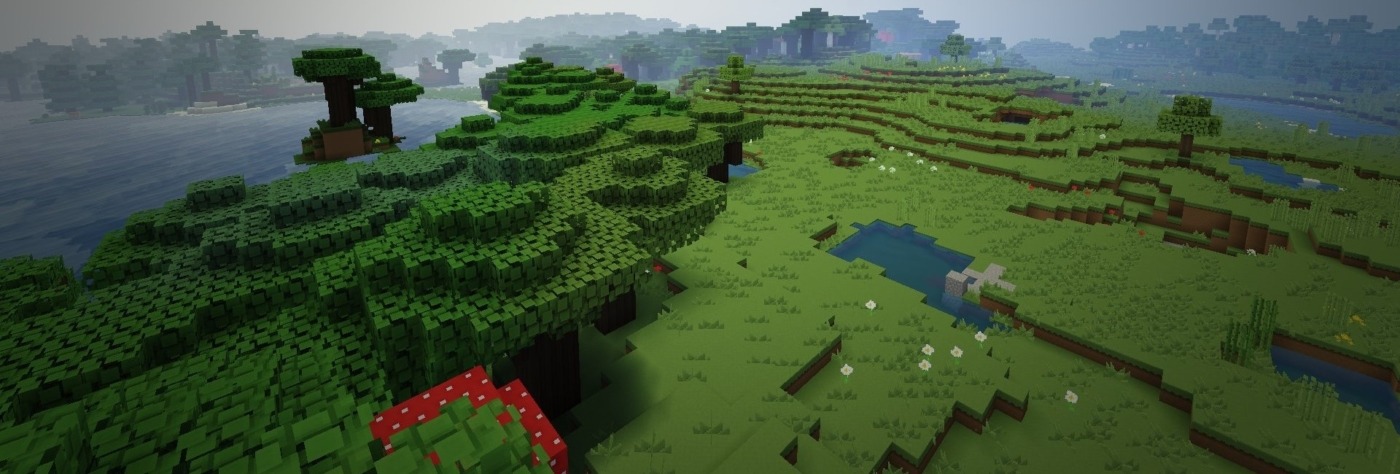Serious gaming and gamification at Interactive Futures
The market in ‘Serious Gaming’ is worth over $4.3 billion dollars, and forms part of a global e-learning market worth over $300 billion. In the next few years, it is forecast to be worth $17 billion, and many companies such as KPMG have already integrated serious gaming approaches into their training systems. However, serious gaming, also known as gamification, still has a relatively low profile. What is serious gaming, how is it used, and what applications does it have to everyday life?
Simply put, serious gaming is the use of games, simulations and other interactive media in workplaces and schools to help with training and learning in a more stimulating way than watching a PowerPoint presentation. By using interactive tools, trainees are more actively engaged in their learning. One example of this is the Beaconing app, developed by a team of researchers from Coventry University, which allows teachers to set their classes work in the form of small minigames. Whether this is solving maths problems or scientific equations, students can be set one of over 400 different minigames to complete.
These minigames can also be location dependent, allowing learning to take place across the entire school or local area. While the app does have drawbacks: for instance, not every student has a smartphone, and GPS-activated challenges might not fire depending on signal quality, it represents a step away from traditional non-digital teaching techniques. Already existing games such as Minecraft have also been modified for use in the classroom, and have the advantage that students are already familiar with them. Lessons that use interactive learning are also especially useful for teaching children with special needs, who are less likely to learn well under traditional teaching.
Training materials can often be dry and boring, and the phrase ‘death by powerpoint’ exists for a reason
Serious gaming also has applications in the corporate sector. Training materials can often be dry and boring, and the phrase ‘death by PowerPoint’ exists for a reason. While serious gaming in the business world is somewhat more complex than shooting aliens and learning the times tables, the principles remain the same. By using virtual or augmented reality, trainees are able to experience situations that they otherwise would not encounter in the course of their training. When training for resource-intensive jobs, using simulations can also save on materials that might otherwise be wasted on training.
One virtual reality welding simulator saw an 85% pass rate, saving a significant amount of money on practice materials. The defence sector has also made use of serious gaming. One highly detailed simulation game, America’s Army, was used as a pre-screening test to determine the aptitude of recruits for various roles. Professor Robert Stone, a researcher at the University of Birmingham, is also developing a sophisticated mixed reality training system to train medics to treat patients aboard a Chinook helicopter. In training soldiers, it is important that they become acclimatised to battlefield conditions, and so the use of sophisticated simulations in training is greatly beneficial. Indeed, a mixed reality solution has the advantages of portability and significantly reduced costs.
Helen Routledge, CEO of Totem Learning, often found that emails containing the word ‘game’ were automatically blocked by a spam filter
However, for all its advantages, serious gaming does still face some significant challenges. The first of these is overcoming the stigma associated with the word ‘gaming’. Although this problem has reduced with the growth and normalisation of the video games market, Helen Routledge, CEO of Totem Learning, often found that emails containing the word ‘game’ were automatically blocked by a spam filter. In education, there are worries that bringing smartphones into the classroom will contribute towards an epidemic of smartphone ‘addiction’. With rising worries about the amount of screen time students have, it is possible that increasing interaction with phones at school will lead to negative effects.
Finally, for the more advanced simulations, the technology simply does not exist to allow for a realistic simulation. Haptic gloves (gloves that give physical feedback from touching objects in the virtual world) are notorious for their low quality and lack of development. Professor Stone is notorious in the Virtual Reality world for his ‘cupboard of rejects’, to which over-promising technology is assigned. Ultimately, however, Serious Gaming is a growing market with many practical applications in schools, universities and the workplace.

Comments